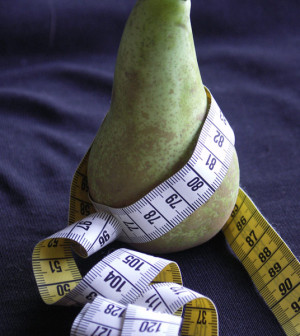- Could Your Grocery Store Meat Be Causing Recurring UTIs?
- Are You Making This Expensive Thermostat Error This Winter?
- Recognizing the Signs of Hypothyroidism
- 10 Strategies to Overcome Insomnia
- Could Artificial Sweeteners Be Aging the Brain Faster?
- Techniques for Soothing Your Nervous System
- Does the Water in Your House Smell Funny? Here’s Why
- Can a Daily Dose of Apple Cider Vinegar Actually Aid Weight Loss?
- 6 Health Beverages That Can Actually Spike Your Blood Sugar
- Treatment Options for Social Anxiety Disorder
Erratic Sleep May Make Teens Hungrier


Night-to-night changes in the amount of sleep teens get may affect how much they eat, a new study suggests.
The research included 342 teens, average age 17, who slept an average of 7 hours a night. But after nights when they slept an hour less or more than normal, the teens ate an average of 201 more calories, 6 grams more fat and 32 grams more carbohydrates a day.
Also, they were much more likely to have nighttime snacks on school nights and weekends, according to the study. It’s scheduled for presentation Thursday at an American Heart Association meeting in Dallas.
“According to the data from our study, it’s not how long you sleep that matters. It’s about day-to-day variations in how long you sleep,” study author Fan He, an epidemiologist at Penn State University College of Medicine, said in a heart association news release.
One possible explanation for the findings is that getting less sleep may make teens more likely to be couch potatoes the next day, sitting in front of the TV and snacking. It’s also possible that the sleep variations trigger hormone imbalances that cause teens to eat more, the researchers suggested.
Previous research has shown that teens who don’t get enough sleep are at increased risk for obesity.
“It may be more important to have a regular sleep pattern than to sleep longer one day and shorter on another. These findings could help us better understand how obesity develops among young people,” He said.
Teens require nine to 10 hours of sleep per night, the U.S. National Heart, Lung, and Blood Institute says.
Data and conclusions presented at meetings are usually considered preliminary until published in a peer-reviewed medical journal.
More information
The U.S. Centers for Disease Control and Prevention has more about sleep.
Source: HealthDay
Copyright © 2026 HealthDay. All rights reserved.










